Market Share
Introduction: Navigating Competitive Dynamics in the Low Migration Inks Market
As the low-migration inks market develops, the competition is increasingly influenced by technological advances, stricter regulatory frameworks and higher expectations from consumers in terms of safety and sustainability. There is therefore a great need for a greater focus on the development of products and processes. The major players, such as ink manufacturers, printers and converting companies, are competing for leadership through innovations such as artificial intelligence (AI) for quality control, automation of production processes and the use of IoT for tracking. Green IT is also a differentiating factor. Opportunities for growth are particularly high in North America and Europe, where regulatory compliance drives the demand for low-migration solutions. The strategic trends for 2024–25 will probably be characterized by the establishment of strategic alliances and investments in R&D to respond to emerging market disruptors, enabling companies to remain agile in a rapidly changing market.
Competitive Positioning
Full-Suite Integrators
These vendors offer comprehensive solutions encompassing a wide range of low migration inks and related technologies.
| Vendor | Competitive Edge | Solution Focus | Regional Focus |
|---|---|---|---|
| FlintGroup (Luxembourg) | Extensive product portfolio and expertise | Low migration inks and coatings | Global |
| Sun Chemical (U.S.) | Strong brand recognition and innovation | Inks and coatings for various applications | North America, Europe, Asia |
| Kao Corporation (Japan) | Advanced R&D capabilities | Specialty inks and coatings | Asia, Europe, North America |
Specialized Technology Vendors
These vendors focus on niche technologies and innovative solutions within the low migration inks segment.
| Vendor | Competitive Edge | Solution Focus | Regional Focus |
|---|---|---|---|
| INX International Ink Co. (U.S.) | Custom solutions and sustainability focus | Low migration and eco-friendly inks | North America, Asia |
| Siegwerk Druckfarben AG & Co. KGaA (Germany) | Strong emphasis on sustainability | Packaging inks and coatings | Europe, Asia, Americas |
| Agfa-Gevaert Group (Belgium) | Innovative imaging and printing solutions | Digital printing inks | Global |
Infrastructure & Equipment Providers
These vendors provide essential equipment and infrastructure that support the application of low migration inks.
| Vendor | Competitive Edge | Solution Focus | Regional Focus |
|---|---|---|---|
| Durst (Italy) | High-quality digital printing technology | Digital printing systems | Europe, Asia, Americas |
| Spgprints B.V. (Netherlands) | Innovative printing technology solutions | Textile and industrial printing | Global |
| Wikoff Color Corporation (U.S.) | Custom ink solutions and service | Specialty inks for various applications | North America |
Regional Leaders
These vendors are prominent players in specific regional markets, offering tailored solutions.
| Vendor | Competitive Edge | Solution Focus | Regional Focus |
|---|---|---|---|
| hubergroup Deutschland GmbH (Germany) | Strong local market presence | Inks for packaging and commercial printing | Europe |
| HAPA AG (Germany) | Expertise in digital printing solutions | Inks for packaging and labeling | Europe |
| Zeller + Gmelin GmbH & Co. KG (Germany) | Long-standing industry experience | Inks for various printing applications | Europe |
| EppleDruckfarben AG (Germany) | Focus on high-quality printing inks | Inks for commercial and packaging printing | Europe |
| ALTANA (Germany) | Innovative specialty chemicals | Inks and coatings for various applications | Global |
Emerging Players & Regional Champions
- Inkmaker: The company has specialized in low-migration inks for food packaging and has recently won a contract from a major food manufacturer in Japan. By offering a customized solution that enhances safety and compliance, the company is challenging established suppliers.
- Sun Chemical (North America): A manufacturer of low-migration inks designed specifically for flexible packaging, the company recently set up a new production line in the U.S. to meet the growing demand. The company complements the established suppliers with its new and eco-friendly products.
- Flint Group (Europe): Focuses on low migration inks for the label and packaging sectors, recently expanded its product line to include UV LED inks, challenging traditional solvent-based inks and pushing established vendors to innovate.
- Sakata INX (Japan): A company which develops low migration inks with a focus on sustainability. It recently formed a partnership with a major beverage company to develop eco-friendly packaging. By placing emphasis on the environment, it complements the offerings of established suppliers.
Regional Trends: In 2024, in Europe and North America, there is a considerable rise in the use of low-migration inks, prompted by stricter regulations on food and packaging. In the Asia-Pacific region, the demand for sustainable packaging is growing. Specialization is shifting towards the use of water-based and UV inks, as companies seek to reduce their environmental impact while maintaining high-quality standards.
Collaborations & M&A Movements
- Sun Chemical and Toyo Ink announced a partnership to develop eco-friendly low migration inks aimed at meeting stringent food packaging regulations, enhancing their competitive positioning in the sustainable packaging sector.
- In the food and beverage industry, Siegwerk's low-migration ink division is a major factor in meeting the growing demand for safety and compliance.
- INX International Ink Co. collaborated with a leading flexible packaging manufacturer to innovate low migration ink solutions that comply with FDA regulations, positioning themselves as leaders in the safe packaging market.
Competitive Summary Table
| Capability | Leading Players | Remarks |
|---|---|---|
| Sustainability | Sun Chemical, Flint Group | Both of these companies have made considerable progress in developing low-migration inks that meet the strictest of the regulations. The Sun Chemical EcoLeaf and the Bio-based inks are proof of their commitment to the environment. |
| Print Quality | Sakata Inx, Nazdar Ink Technologies | The inks of Sakata Inx are famous for their low-migration properties. The special formulations of Nazdar have been developed to meet the requirements of the safety standards. |
| Regulatory Compliance | INX International Ink Co., Toyo Ink Group | The low-migration inks developed by INX International are compliant with the regulations of the FDA and the European Union, thereby ensuring the safety of food contact applications. Also, the Toyo Ink Group has continued to invest in R&D in order to meet the evolving regulatory requirements. |
| Innovation in Formulation | Epple Druckfarben AG, Huber Group | In recent years Epple Printing Inks AG has developed new formulations to enhance the performance of low-migration inks, with the twin aims of safety and performance. Continuing investment in research and development has resulted in the development of inks with excellent adhesion and drying properties. |
| Customer Support and Technical Service | Siegwerk Druckfarben AG, DIC Corporation | The company offers extensive support and training for customers to help them get the most out of its low-migration inks. DIC is well known for its strong customer support and a flexible approach to low-migration inks. |
Conclusion: Navigating the Low Migration Inks Landscape
The competition in the low-migration inks market is highly fragmented. Both traditional and new entrants are competing for market share. Regional trends point to a growing demand for sustainable and compliant solutions, which is driving vendors to enhance and diversify their offerings. The leading players are focusing on leveraging their brand equity and distribution network, while the new entrants are focusing on innovation and advanced technology. Strategic implications for vendors include the need to invest in advanced technology such as artificial intelligence (AI) for predictive analytics, automation for efficiency, and compliance with regulatory standards. In the long run, the ability to offer flexible solutions that meet the changing preferences of consumers will be crucial for market leadership.


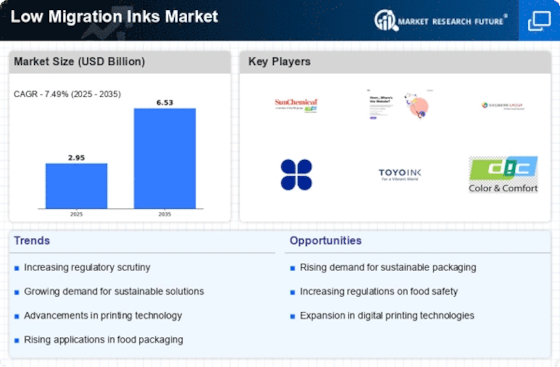
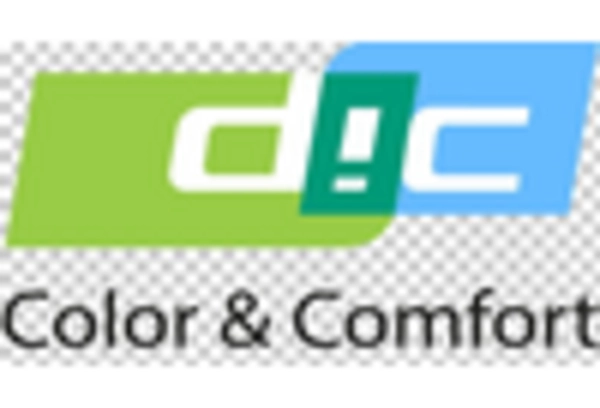
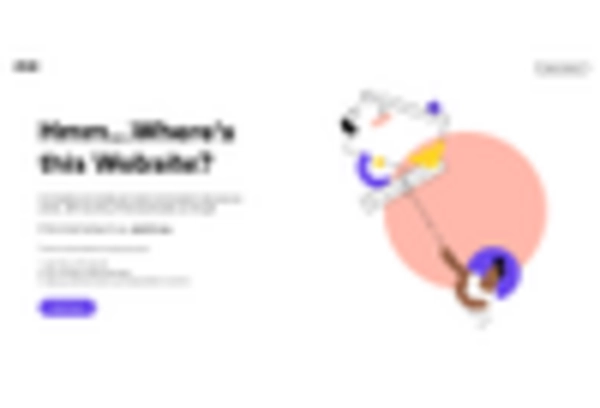
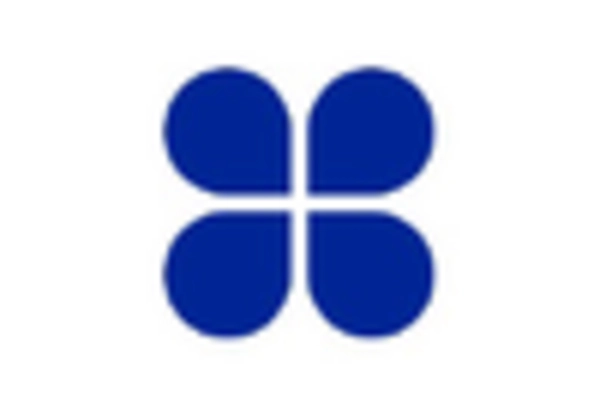
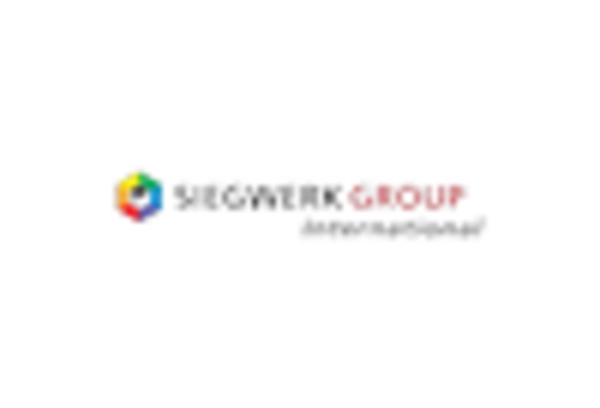
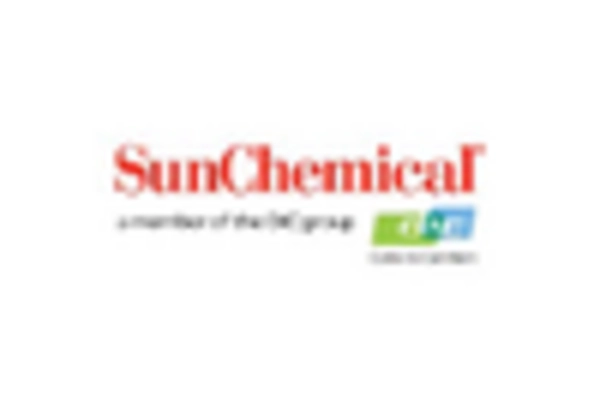
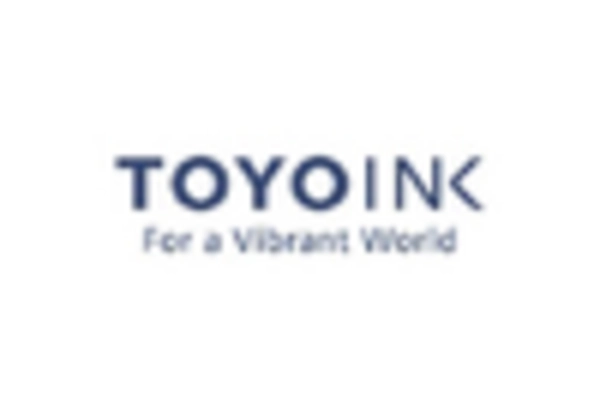










Leave a Comment